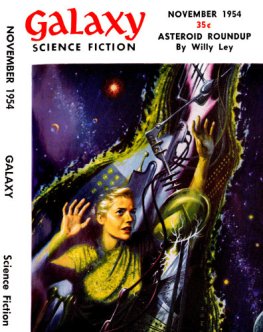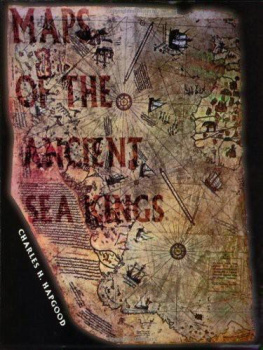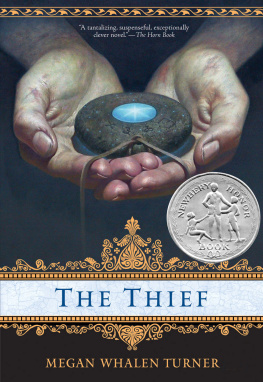Transcriber's Note:
Obvious typographical errors have been corrected. Inconsistent spelling and hyphenation in the original document have been preserved.
The Autobiography of a Thief.
Title Page
The Autobiography of
a Thief
Recorded by
HUTCHINS HAPGOOD
Author of "The Spirit of the Ghetto," etc.
NEW YORK
FOX, DUFFIELD & COMPANY
1903
Copyright, 1903, By
Fox, Duffield & Company
Entered at the Library of Congress, Washington, U. S. A.
Entered at Stationers' Hall, London, England.
Published May, 1903.
"Oh, happy he who can still hope to emerge from this sea of error!"
Faust.
"There is no man doth a wrong for the wrong's sake, but thereby to purchase himself profit, or pleasure, or honour, or the like; therefore why should I be angry with a man for loving himself better than me? And if any man should do wrong merely out of ill-nature, why, yet it is but like the thorn or briar, which prick and scratch because they can do no other."
Bacon.
Editor's Note.
I met the ex-pickpocket and burglar whose autobiography follows soon after his release from a third term in the penitentiary. For several weeks I was not particularly interested in him. He was full of a desire to publish in the newspapers an expos of conditions obtaining in two of our state institutions, his motive seeming partly revenge and partly a very genuine feeling that he had come in contact with a systematic crime against humanity. But as I continued to see more of him, and learned much about his life, my interest grew; for I soon perceived that he not only had led a typical thief's life, but was also a man of more than common natural intelligence, with a gift of vigorous expression. With little schooling he had yet educated himself, mainly by means of the prison libraries, until he had a good and individually expressed acquaintance with many of the English classics, and with some of the masterpieces of philosophy.
That this ex-convict, when a boy on the East Side of New York City, should have taken to the "graft" seemed to me, as he talked about it, the most natural thing in the world. His parents were honest, but ignorant and poor. One of his brothers, a normal and honorable man, is a truck driver with a large family; and his relatives and honest friends in general belong to the most modest class of working people. The swell among them is another brother, who is a policeman; but Jim, the ex-convict, is by far the cleverest and most intelligent of the lot. I have often seen him and his family together, on Saturday nights, when the clan gathers in the truckman's house for a good time, and he is the life of the occasion, and admired by the others. Jim was an unusually energetic and ambitious boy, but the respectable people he knew did not appeal to his imagination. As he played on the street, other boys pointed out to him the swell thief at the corner saloon, and told him tales of big robberies and exciting adventures, and the prizes of life seemed to him to lie along the path of crime. There was no one to teach him what constitutes real success, and he went in for crime with energy and enthusiasm.
It was only after he had become a professional thief and had done time in the prisons that he began to see that crime does not pay. He saw that all his friends came to ruin, that his own health was shattered, and that he stood on the verge of the mad-house. His self-education in prison helped him, too, to the perception that he had made a terrible mistake. He came to have intellectual ambitions and no longer took an interest in his old companions. After several weeks of constant association with him I became morally certain that his reform was as genuine as possible under the circumstances; and that, with fair success in the way of getting something to do, he would remain honest.
I therefore proposed to him to write an autobiography. He took up the idea with eagerness, and through the entire period of our work together, has shown an unwavering interest in the book and very decided acumen and common sense. The method employed in composing the volume was that, practically, of the interview. From the middle of March to the first of July we met nearly every afternoon, and many evenings, at a little German caf on the East Side. There, I took voluminous notes, often asking questions, but taking down as literally as possible his story in his own words; to such a degree is this true, that the following narrative is an authentic account of his life, with occasional descriptions and character-sketches of his friends of the Under World. Even without my explicit assurance, the autobiography bears sufficient internal evidence of the fact that, essentially, it is a thief's own story. Many hours of the day time, when I was busy with other things, my friendfor I have come to look upon him as suchwas occupied with putting down on paper character-sketches of his pals and their careers, or recording his impressions of the life they had followed. After I had left town for the summer, in order to prepare this volume, I wrote to Jim repeatedly, asking for more material on certain points. This he always furnished in a manner which showed his continued interest, and a literary sense, though fragmentary, of no common kind.
H. H.
The Autobiography of a Thief.
CHAPTER I.
Boyhood and Early Crime.
I have been a professional thief for more than twenty years. Half of that time I have spent in state's prison, and the other half in "grafting" in one form or another. I was a good pickpocket and a fairly successful burglar; and I have known many of the best crooks in the country. I have left the business for good, and my reasons will appear in the course of this narrative. I shall tell my story with entire frankness. I shall not try to defend myself. I shall try merely to tell the truth. Perhaps in so doing I shall explain myself.
I was born on the east side of New York City in 1868, of poor but honest parents. My father was an Englishman who had married an Irish girl and emigrated to America, where he had a large family, no one of whom, with the exception of myself, went wrong. For many years he was an employee of Brown Brothers and Company and was a sober, industrious man, and a good husband and kind father. To me, who was his favorite, he was perhaps too kind. I was certainly a spoiled child. I remember that when I was five years old he bought me a twenty-five dollar suit of clothes. I was a vigorous, handsome boy, with red, rosy cheeks and was not only the pet of my family, but the life of the neighborhood as well.










